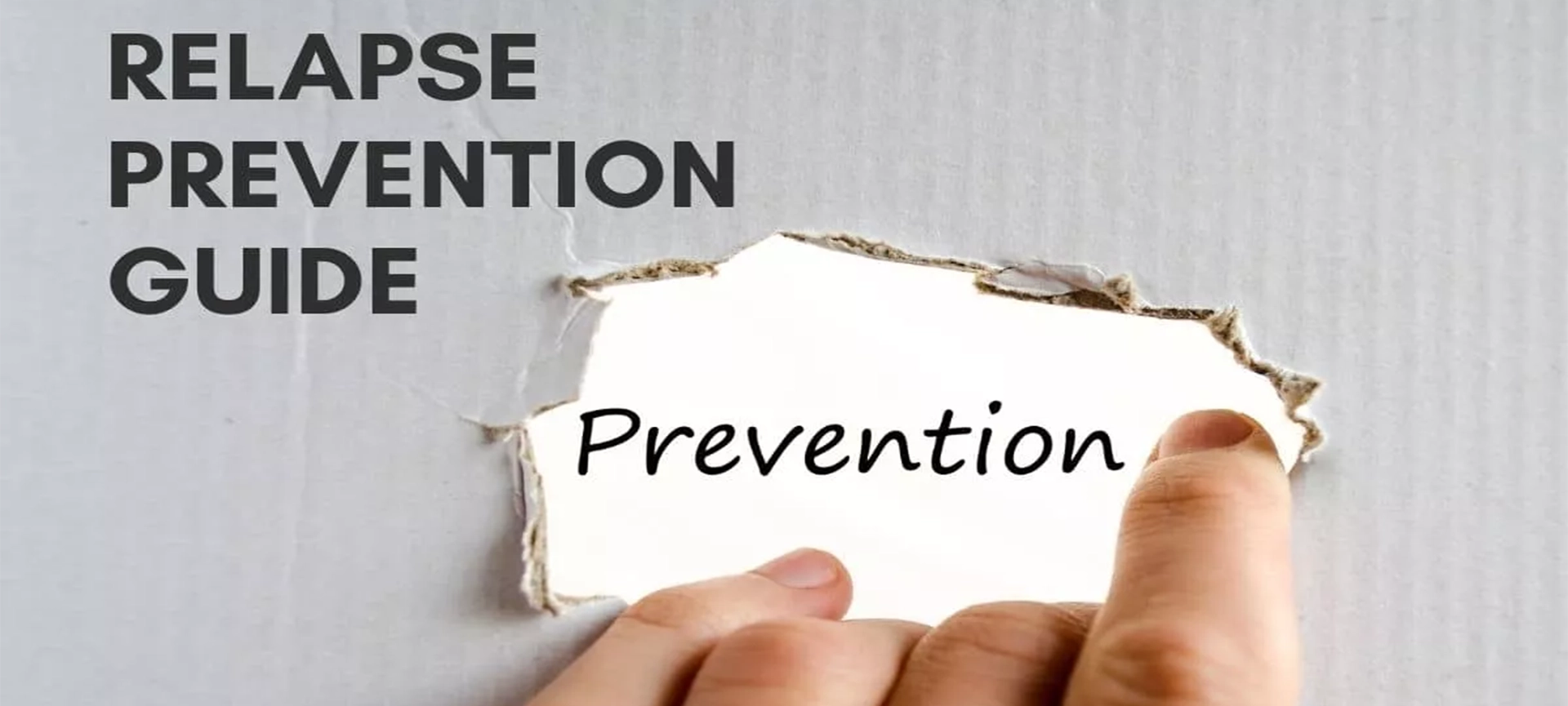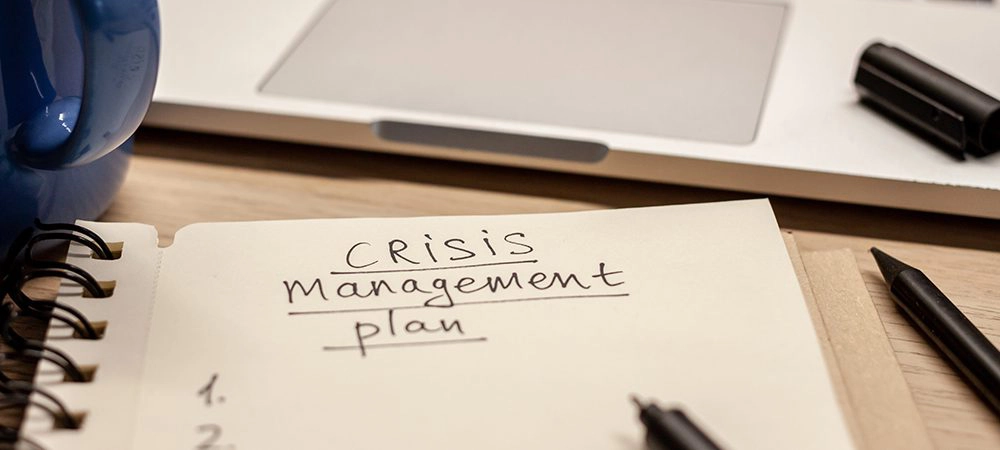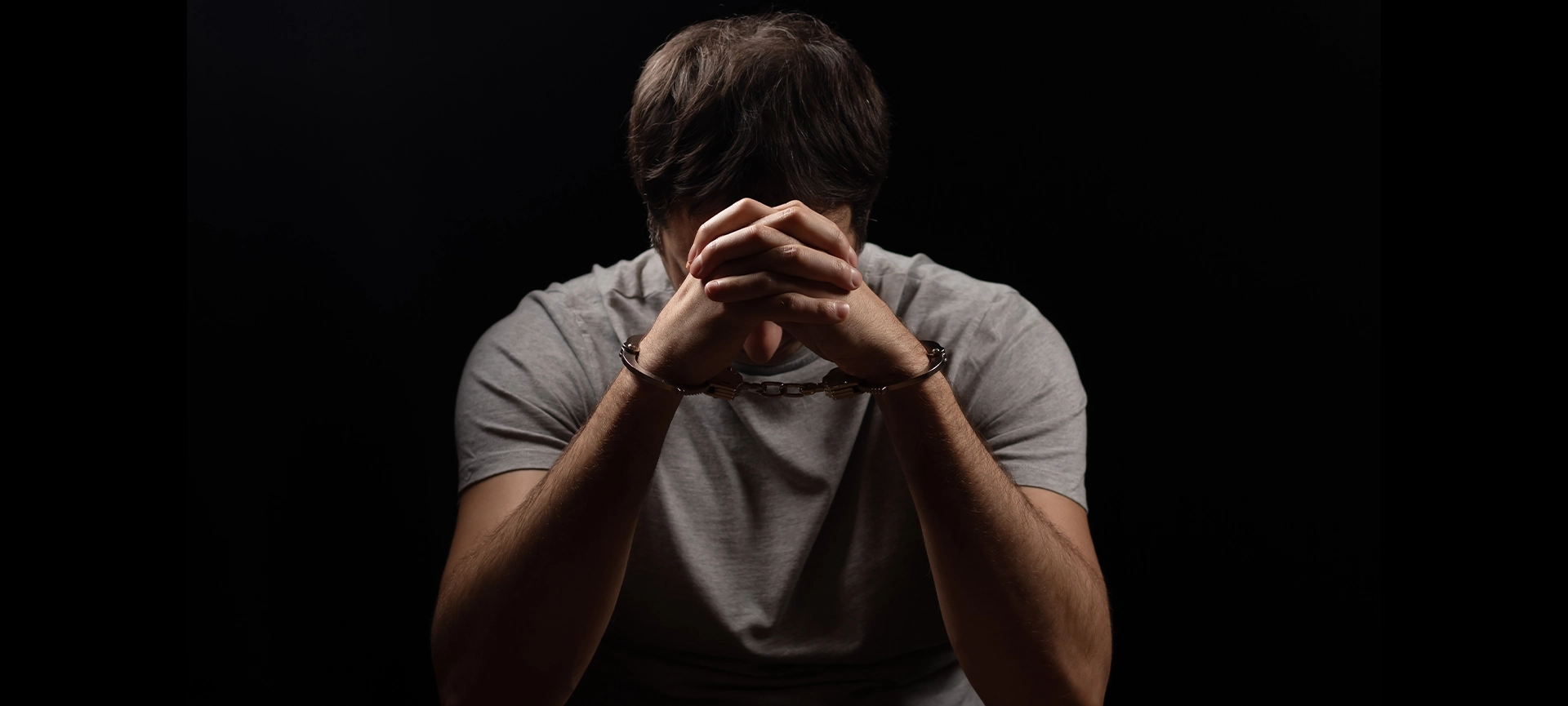The risk of relapse is a tough reality for people with addictions. It can happen at any time. Sometimes it is the seemingly inevitable outcome of a period of stress or trauma. Other times it can creep up on the individual, almost without them noticing it.
During the early phase of recovery, you may not be thinking of relapse. If you are in an inpatient or outpatient rehab program, you are spending a lot of time in therapy or counselling groups. You may be in a facility where you have no access to substances and no opportunity to use them. You are actively working on learning how to be sober. Relapse is the last thing on your mind.
But the time to start thinking about preventing relapse is right now. You need to ensure that by the time you complete your rehab program, you have everything in place that you will need to support you through vulnerable times. If you wait until after your rehab program, it could be too late.
Here are some strategies that you should consider when it comes to relapse prevention.
#1 Check In To A Medical Detox Facility
The first few days are a vulnerable time for an addicted person: cravings can be unbearable and the withdrawal symptoms can be painful, and sometimes dangerous. Unless you have proper support and medical care, you could relapse before you have even had a chance to enjoy sobriety.
By checking into a medical detox facility, you will have access to medical care throughout the withdrawal process. A team of medical professionals will ensure that you are safe and comfortable, and they will treat withdrawal symptoms as they arise.
If you are not able to get to a detox facility, avoid going through withdrawal on your own. Some substances can produce withdrawal symptoms that are potentially harmful. Alcohol withdrawal, for instance, can come with delirium tremens, a severe form of seizures that can be fatal. It is therefore important to have someone with you who can get medical help to you if needed.
#2 Know Your Triggers
Addiction is a complex condition that is deeply rooted in context. People become addicted for all kinds of reasons. For some people, it starts as a legitimate use of prescribed pain medication. For others, it is a response to trauma or a way to cope with stress. In other words, the abuse of substances is, in most cases, a response to something.
It is important to understand that all of the things that led you to abuse substances before rehab will still be there when your treatment program is complete. The goal of rehab is not to get rid of the triggers, it is to help you develop the tools and skills to respond to those triggers in a better way.
All of this hinges on your ability to identify the triggers so you can develop healthy responses. In some cases, you will simply be able to avoid the triggers: don’t spend time with the person you used to use drugs with, don’t frequent the restaurant where you used to drink excessively, and so on. Sometimes, you will be able to control the environment by ensuring that there is no alcohol there. And sometimes, you will have to devise a plan for dealing with arguments or stressful situations.
#3 Understand How Relapse Works
Contrary to what many people think, relapse is not a single moment in time. It is a process that can take hours days – or even weeks. Relapse happens in three stages.
Emotional Relapse

You are not actively thinking of using drugs or alcohol. On the contrary, you are working hard at your sobriety. But you are experiencing stress or other negative emotions. Perhaps you have had a conflict with someone close to you, and you are struggling to get past it. Or you may have been rejected for a job or received bad news. The big red flag here is that you stop taking care of yourself. Your eating and sleeping habits become irregular, your participation in AA or NA meetings becomes lacklustre, and you start isolating yourself.
Mental Relapse
At this stage, you start to think about using drugs or alcohol, but you are in a state of inner turmoil. Part of you wants to resist, and part of you wants to give in to the craving that starts to overtake you. As time goes by, you become less resilient against the pressure of the cravings. You start to think about times you used the substance, telling yourself that “it wasn’t all that bad”, and you may start to think about the logistics of getting and using drugs or alcohol.
Physical Relapse
This is the stage at which you physically use the substance. Some addiction professionals distinguish between a “lapse”, which is a one-time use of the substance, and a “relapse”, which is a new phase of active addiction.
By thinking of relapse as a process rather than an event, you will be better equipped to take action during the emotional relapse phase, long before you get to the point of physically using the substance.
#4 Make Use Of Aftercare Services
Most inpatient addiction rehab facilities and some outpatient facilities provide comprehensive aftercare programs for those who have completed their treatment programs. The aftercare services offered vary from one facility to the next, but they may include the following:
- A 24-hour support line that you can call if you are at risk of relapse
- Check-in sessions to monitor how your transition to post-rehab life is going
- Referrals to therapy providers and other addiction services in your area
- Education sessions for yourself and your loved ones
If you make use of the addiction aftercare services that are available to you, you will be less likely to experience a relapse.
#5 Make A Crisis Plan
No one who is fresh out of rehab wants to think about the possibility of relapse, but in some cases, your life could depend on you having a plan ready to roll if a relapse does happen. Preventing relapse plan should incorporate steps that can be taken at all stages of relapse, and could include the following:
- A list of phone numbers taped to your refrigerator. These numbers could include your AA or NA sponsor, your addiction rehab centre, your therapist, your doctor, a local pharmacy, and any family members who should be notified in the event of you having to return to rehab
- A friend or family member to check in on you, either by visiting or calling you, to ensure that you are all right
- A friend or family member who is on hand to come and stay with you when you feel emotional relapse starting to set in
- A naloxone kit in your medicine cabinet that a loved one can use in the event of an opioid overdose
- Someone who is on hand to help you get to your rehab centre should the need arise
What If A Relapse Happens?
Sometimes things happen in spite of the best-laid plans. We cannot always predict how we are going to react to stressful situations or the resurfacing of traumatic memories. Relapses happen – and if it happens to you, you need to be kind to yourself. It does not mean that you have failed, or that your treatment has not been successful. It’s a simple case of an illness flaring up – just as physical illnesses can flare up.
If you experience a relapse, your best course of action is to go to a rehab facility that can help you consolidate what you learned during your first recovery phase. At Addiction Rehab Toronto, we will put together an addiction treatment program that is tailored to your needs and circumstances, and we will place a special focus on identifying why your relapse happened and how you can deal with similar situations more healthily in the future.








